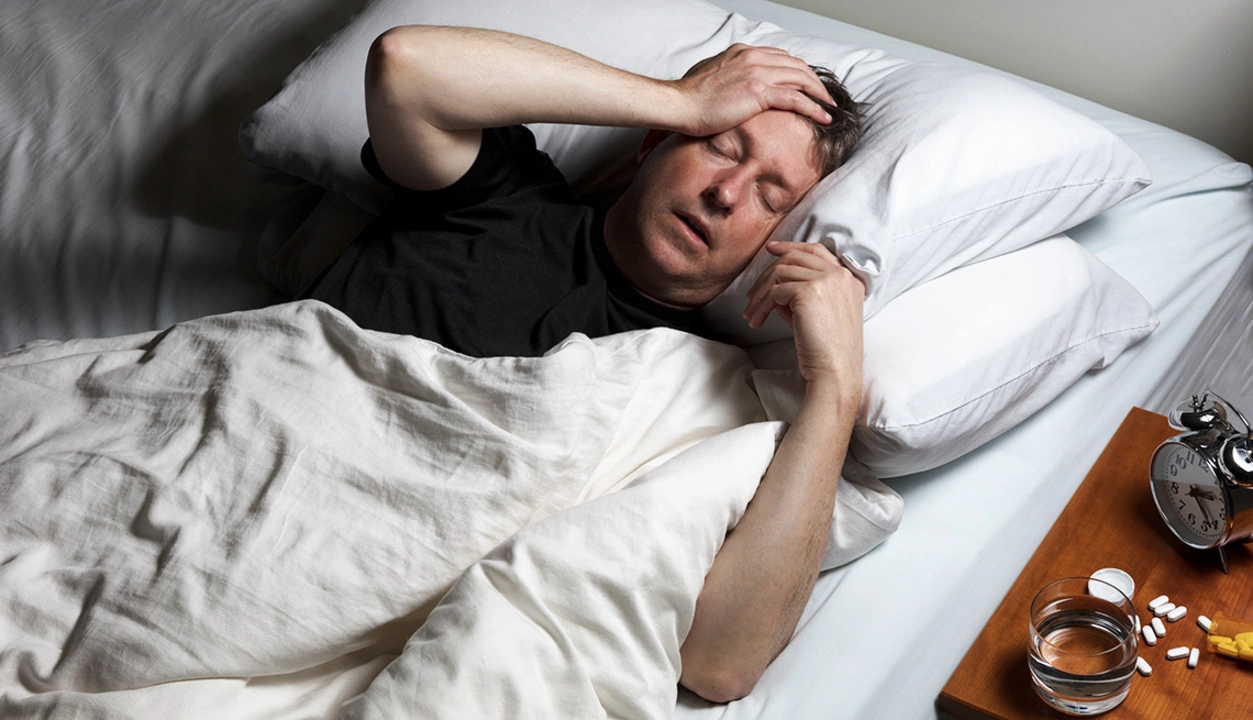Sleep Aid Tips You Can Use Tonight
If you’re scrolling at 2 a.m. wondering why you can’t drift off, you’re not alone. Most of us have hit that restless‑night wall at least once. The good news? Small changes can make a big difference, and you don’t need a prescription to start sleeping better.
Why Sleep Matters Right Now
Your brain clears out waste while you snooze, and your body repairs muscles, hormones, and the immune system. Skipping a few hours of quality sleep can mess with mood, focus, and even weight. That’s why fixing it quickly is worth the effort.
Top Ways to Boost Your Nightly Rest
1. Set a simple bedtime routine. Turn off bright screens at least 30 minutes before bed. Dim the lights, read a short article (like this one), or do gentle stretches. The routine tells your brain it’s time to wind down.
2. Keep the room cool and dark. Aim for about 65 °F (18‑19 °C). Use blackout curtains or an eye mask if street lights creep in. A cooler, darker space helps melatonin do its job.
3. Watch what you eat and drink. Heavy meals, caffeine, and alcohol within a few hours of bedtime can keep you awake. Try a light snack like yogurt or banana if you’re hungry, and stick to water after dinner.
4. Move a bit earlier in the day. Light exercise—walking, yoga, or quick body‑weight work—boosts sleep pressure later on. Save intense cardio for at least three hours before lights out so your heart rate can settle.
5. Try natural sleep aids. Over‑the‑counter options like melatonin (1–3 mg) or herbal teas with chamomile, valerian root, or lavender can be helpful. Start low and see how you feel; they’re not a magic fix but can smooth the transition into sleep.
6. Limit clock‑watching. Turn your alarm clock face away from you. Constantly checking the time raises stress and makes it harder to fall asleep.
7. Keep a consistent wake‑up time. Even on weekends, getting up around the same hour trains your internal clock. Your body will start feeling sleepy at the right moment each night.
If you’ve tried these steps and still can’t catch Z’s, it might be worth chatting with a pharmacist or doctor. Some prescription sleep aids work well for short‑term use but need proper guidance.
Remember, improving sleep isn’t about a single miracle pill; it’s about building habits that signal rest to your brain. Start with one or two changes tonight and see how you feel tomorrow. You’ll likely notice clearer thinking, steadier mood, and more energy—without the groggy morning crash.
Got a specific sleep question? Drop a comment below and we’ll tackle it together. Sweet dreams!
Doxylamine and Sleep for People with Chronic Pain
I recently came across an interesting topic about the use of Doxylamine for people suffering from chronic pain. Doxylamine is an antihistamine that helps improve sleep quality, which is often disrupted by chronic pain. By taking this medication, patients can expect to sleep better and feel more refreshed the next day. I think this is a promising option for those who struggle with sleep due to their chronic pain. It's definitely worth discussing with your healthcare provider if you are experiencing sleep disturbances related to chronic pain.
More
